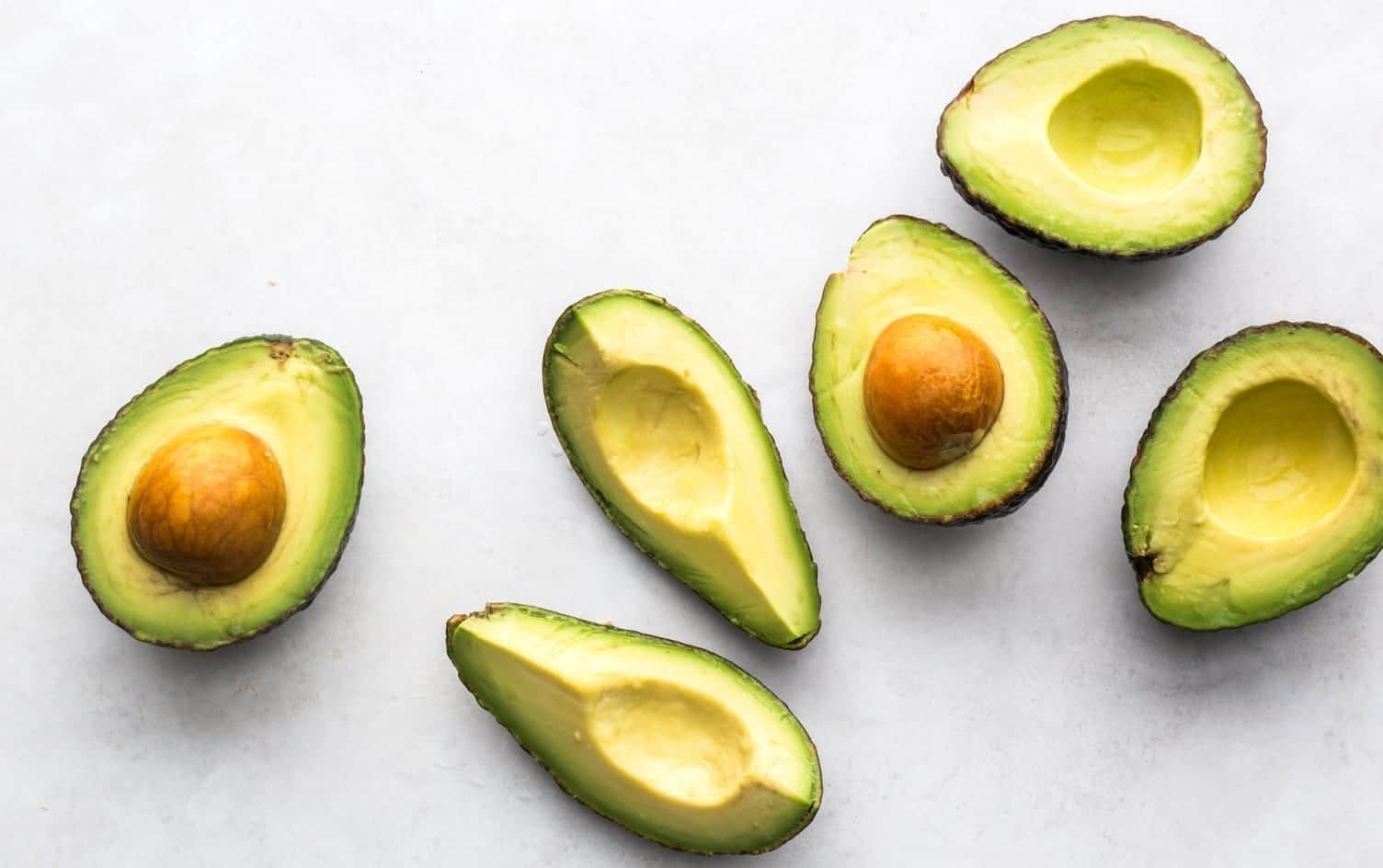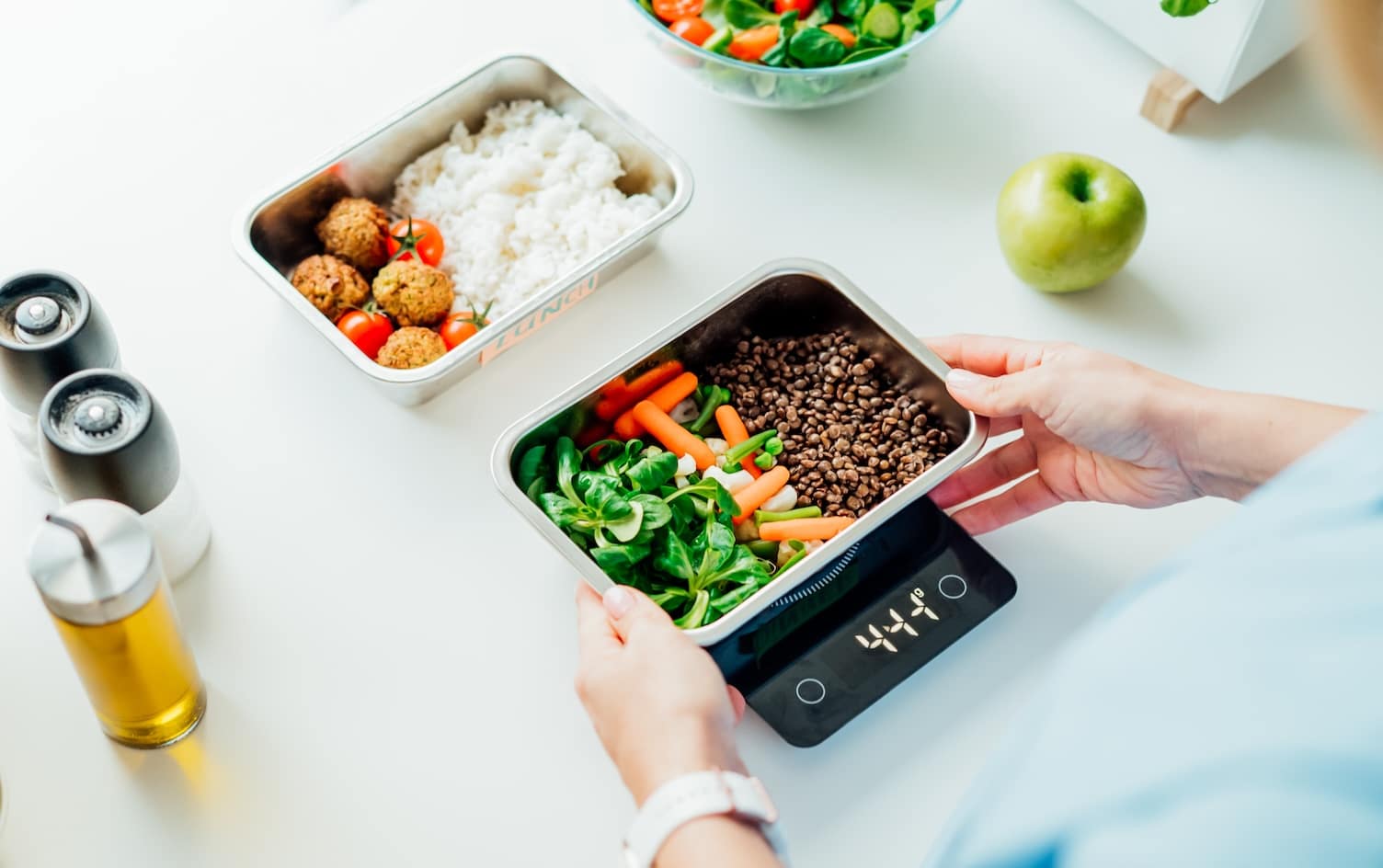We all know working out offers substantial health benefits, from longevity to better mental health to increased energy levels. But we also know exercise can sometimes lead to various aches and pains. From insomnia to inflammation to constipation, many ailments can be alleviated by whole foods. Here, experts provide their food recommendations to help you alleviate some of the discomfort.
Issue: You struggle getting a good night’s sleep after a heavy workout.
Try: Pumpkin seeds
Although it sounds counterintuitive, heavy workouts often make falling asleep more challenging because your muscles hurt and you cannot properly unwind. If you toil getting a relaxing night’s sleep on days like these, try adding pumpkin seeds to your diet. Dr. Carolyn Dean, author of “365 Ways to Boost Your Brain Power: Tips, Exercise and Advice,” says the magnesium in pumpkin seeds relieves muscle tension that can combat restless sleep. Pumpkin seeds’ magnesium also “activates GABA, the main inhibitory neurotransmitter of the central nervous system. Activation of GABA(A) receptors favor sleep,” she says.
Issue: You get an upset stomach after working out.
Try: Kefir
Running, with all the jostling of your organs, can cause gastrointestinal issues. Luckily, taking probiotics can aid digestion. Allison Childress, RD, an assistant professor at Texas Tech and board certified specialist in sports dietetics, recommends probiotic kefir. A fermented milk often referred to as drinkable yogurt, Kefir “can emulate the healthy bacteria already living in your gut and is one of the most probiotic-rich foods on the planet,” she says. “A serving size is 6 ounces or 2/3 cup.”
Issue: You suffer from acute or chronic inflammation.
Try: Avocados
Whether you experience acute inflammation from sports injuries or chronic inflammation from more serious health issues, you can help fight it with anti-inflammatory foods such as avocados. In a study published in the journal Inflammation, researchers found a compound in avocados reduce inflammation in young skin cells. Bonus: Childress says this fruit (yes, avocado is a fruit) is high in monounsaturated fat and vitamin E.
Issue: Your muscles cramp.
Try: Baked potatoes with the skin
Long runs, muscle overuse and low blood flow at night can all lead to muscle cramps. To proactively prevent them, bake potatoes with the skin on. Potatoes “provide a healthy dose of potassium, which helps to replace your muscles’ potassium stores and aid with muscle contraction,” says Rachel Fine, MS, board certified specialist in sports dietetics.
Issue: You have stiff joints after a long run/race.
Try: Turmeric
You can help win the battle against the stiff joints that come after repetitive physical activity with the spice turmeric. According to the journal Phytotherapy Research, curcumin (a compound in turmeric) has a comparable efficacy to a few anti-inflammatory drugs. You can get the spice “in pill or capsule form, but you can also use fresh turmeric prepared as a tea or in your favorite dish,” says Kristamarie Collman, MD. However, if you currently take medications, be sure to talk to your doctor first. Turmeric “may have interactions with specific medications,” she says.
Issue: Your doctor says you should worry about bone health.
Try: Flaxseeds
A study from the Journal of Rheumatology found physical weight-bearing activities, like running, is associated with bone loss in the lumbar spine. To help mitigate bone density loss, try consuming flaxseeds daily. “A typical dose is 1–2 tablespoons of finely ground flaxseeds daily, taken with plenty of water,” says Suzanne Dixon, MPH, RDN, a senior medical writer with The Mesothelioma Center.
Issue: You experience constant joint pain from working out.
Try: Coconut oil
If working out makes you sore, substituting butter or olive oil for coconut oil can help assuage the pain. A study from the journal Pharmaceutical Biology found virgin coconut oil helps lessen inflammation that directly impacts joint pain. You can add it into recipes to ingest it or rub it on your joints as a topical lubricant. However, when eating it, Donna Sergi, DC, a Nutrition Response Practitioner advises, “Don’t go overboard; try limiting healthy fats to one serving daily.”
Issue: Running makes you irregular
Try: Prunes
Constant working out can upset proper digestive functionality. Eating good old-fashioned prunes can help keep you regular. “Aim for a daily serving of prunes (that’s about five), which can help support good digestive health due to their unique nutrient content, including their 3 grams of fiber per serving,” says Jackie Newgent, RDN, culinary nutritionist, author of “The All-Natural Diabetes Cookbook,” and spokesperson for California Prunes. For reference, whole-wheat bread only has 1.9 total fiber grams per serving.




